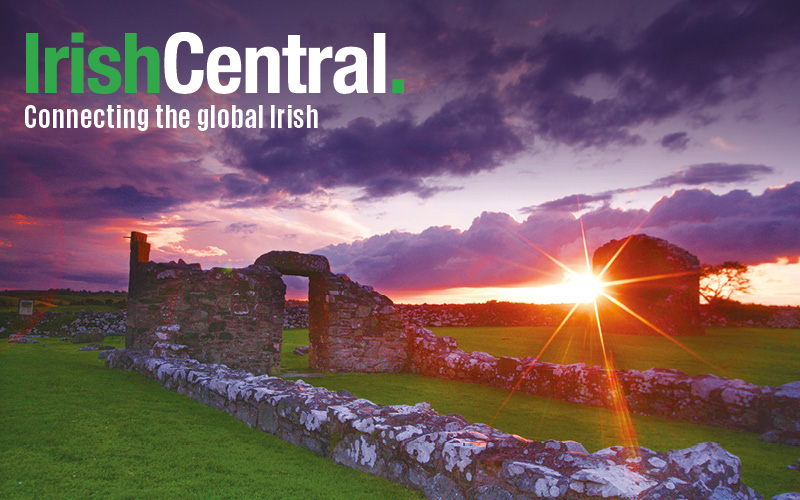| The Irish potato famine |
Psychotherapy is something the Irish think you turn to only after booze, confession and prayer all fail. It’s the end of the line, the final admission of failure. Your problems must be insurmountable indeed if you have to see a shrink about them.
The people that I’ve encountered with the most hostile attitude to therapy are usually the people most in need of it. It’s a neat trick that.
But people with problems can get used to them -- they can even get defensive of them -- and haughtily dismissive of the suggestion that there is anything that can be done about them.
I don’t know why. Perhaps their problems become so familiar that they stop seeing them.
You’d think, given our distinctly painful history, that the Irish would have a grander tradition of mental health practices, considering what our ancestors have lived through.
The Jewish people, also oppressed through the centuries (through the millennia, actually) had the good sense to pioneer and develop what we now call psychotherapy. By reflecting on their past they found a way, or most of them did, to make peace with the present.
What did the Irish do? We went to confession, or the pub, or both. Occasionally we plotted an uprising. Some of us were driven to writing poetry. The hardest task you’ll ever set yourself is to unravel an Irishman’s head or heart.
I have long had a sense, for one reason and another, that the Irish can be slow to confront the challenges that life sets them in matters of the heart and spirit. And it’s not because they’re don’t feel anything; it’s rather that they’re afraid they’ll feel too much.
Something happened to us, to our ancestors, that we have only caught faint glimpses of down all the decades since the disaster occurred, but I suspect we carry the legacy of 1847 in our DNA. I suspect it has partly shaped our national character, and I suspect we haven’t addressed it, not by a long shot.
Terry Eagleton, a former professor of English at Oxford, called the Irish Famine “the greatest social disaster of 19th century Europe, an event with something of the characteristics of a low-level nuclear attack.”
Between 1845 and 1855 the Irish population of almost 8.2 million shrank by a third. Starvation and disease killed 1.1 million of us, and 2 million emigrated.
At the end of the famine one out of every three people was gone, leaving the survivors reeling from the sheer scale of the loss.
In 1847 packs of feral dogs roamed the countryside, digging up shallow graves of the famine dead and feeding on them. Along the coasts man and women climbed the
sea walls in the cold and wind searching for seagull eggs. In January they searched the beaches for edible seaweed.
In the brutal workhouses and the ancient hospitals of the period thousands died every single week. Men and women fought with each other on the docks for a coveted place on an emigrant ship.
After two years of famine, writes historian John Kelly, people weren’t leaving Ireland, they were fleeing, and in the reckless way people abandon a burning building.
In Ireland we are famous for our family bonds, but in those years husbands deserted wives, parents abandoned their children, brothers deserted sisters, all natural bonds were broken in the desperation to survive.
If you stayed you hoped for a grave that the dogs wouldn’t trouble and for a coffin to be buried in. If you left you had only one ambition -- to be anywhere that wasn’t Ireland.
It wasn’t a fiendish genocidal plan by the English to annihilate us, despite what our most nationalist historians contend.
It was simply their longstanding political ideology and religious hostility that prevented otherwise good men from seeing that their policies were exacerbating rather than relieving the disaster. Nothing puts the blinkers on you faster than the conviction that you know what’s best for your neighbor.
We lost millions, we lost our national language, and we lost fathers, mothers, sons and daughters. And then we didn’t talk about it. We took over a hundred years to even begin to commemorate it.
Grandparents refused to discuss it with their grandchildren. A huge silence descended.
Even today you can’t drive a mile though rural Ireland without passing the ruined cottages, workhouses, burial plots and churches of that period, scars on the landscape that the living overlook. Instead of reaching outward, we turned inward.
I think that silence is still part of our national character. It might not be doing us good.




Comments